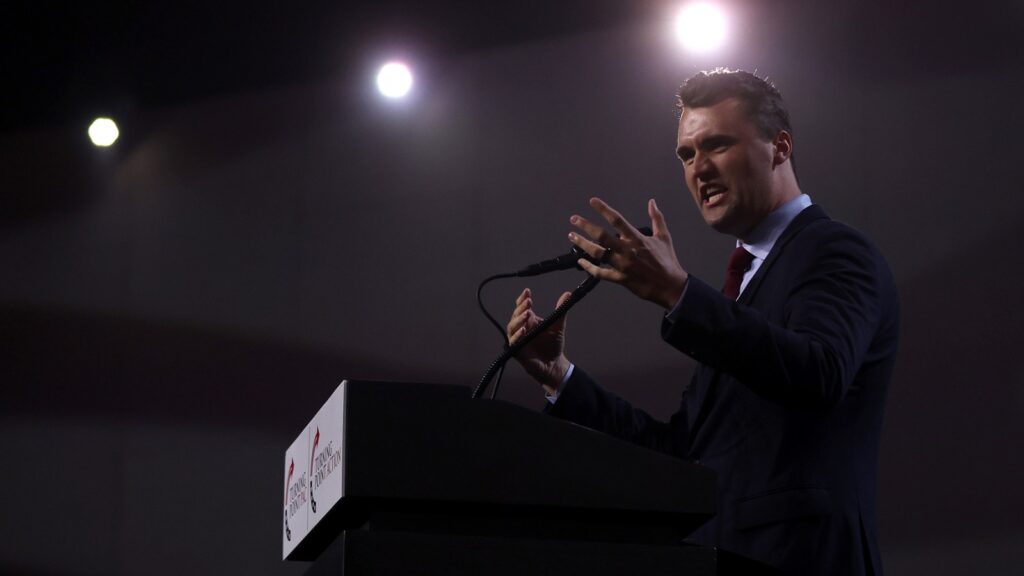Substack Loses Major Newsletter Platformer Over Nazi Content
A top newsletter at Substack is leaving the platform amid controversy over the company’s policies surrounding pro-Nazi content. Platformer founder Casey Newton made the announcement on Thursday, writing that the publication “can no longer stay in good conscience.”
The decision follows weeks of controversy over the issue. In December, Jonathan M. Katz published an article in The Atlantic titled “Substack Has a Nazi Problem” and reported that 16 newsletters contained “overt Nazi symbols, including the swastika and the sonnenrad, in their logos or in prominent graphics.” Katz’s reporting also found that Substack had not only been hosting writers publishing overtly Nazi rhetoric, but also profiting from some of them.
Later that month, more than 200 Substack writers, including Newton, wrote an open letter to Substack’s founders asking the company to explain its stance. In response, Substack co-founder Hamish McKenzie defended the company’s policy. “I just want to make it clear that we don’t like Nazis either — we wish no-one held those views,” McKenzie wrote, adding, “we don’t think that censorship (including through demonetizing publications) makes the problem go away — in fact, it makes it worse.”
After Substack received backlash over its initial refusal to remove accounts that endorse Nazi ideology, the platform said that it would remove some publications that support Nazis.
In Thursday’s announcement, Newton wrote that him and his colleagues Zoë Schiffer and Lindsey Choo had previously identified seven Substack publications “that conveyed explicit support for 1930s German Nazis and called for violence against Jews, among other groups,” and that Substack removed one before the list was sent. Ultimately, the platform nixed the other five.
After Newton wrote about Substack’s decision to remove the five publications, he said he faced criticism from some readers claiming he had made a “fuss” about the platform “hosting a handful of small Nazi publications.” Others, he said, denounced what in their view appeared to “celebrate and validate Substack’s removal of those same publications.”
In retrospect, Newton regretted his words: “I should have said was ‘Substack did the basic thing we asked it to,’ and then emphasized that it did not address our larger concerns.”
Before removing Platformer from Substack, Newton said that he reached out to readers for input and that the community raised objections to Substack’s handling of the controversy. “You pointed out that Substack had not changed its policy; that it did not commit explicitly to removing pro-Nazi material; that it seemed to be asking its own publications to serve as permanent volunteer moderators; and that in the meantime all of the hate speech on the platform remains eligible for promotion in Notes, its weekly email digest, and other algorithmically ranked surfaces,” wrote Newton.
On Monday, Platformer is set to migrate to Ghost, a nonprofit and open-source publishing platform. Newton said that Ghost founder and CEO John O’Nolan has “committed to us that Ghost’s hosted service will remove pro-Nazi content.”
“Ghost tells us it has no plans to build the recommendation infrastructure Substack has. It does not seek to be a social network. Instead, it seeks only to build good, solid infrastructure for internet businesses,” wrote Newton, when providing insight into Platformer’s exit. “That means that even if Nazis were able to set up shop here, they would be denied access to the growth infrastructure that Substack provides them. Among other benefits, that means that there is nowhere on Ghost where their content will appear next to Platformer.”





